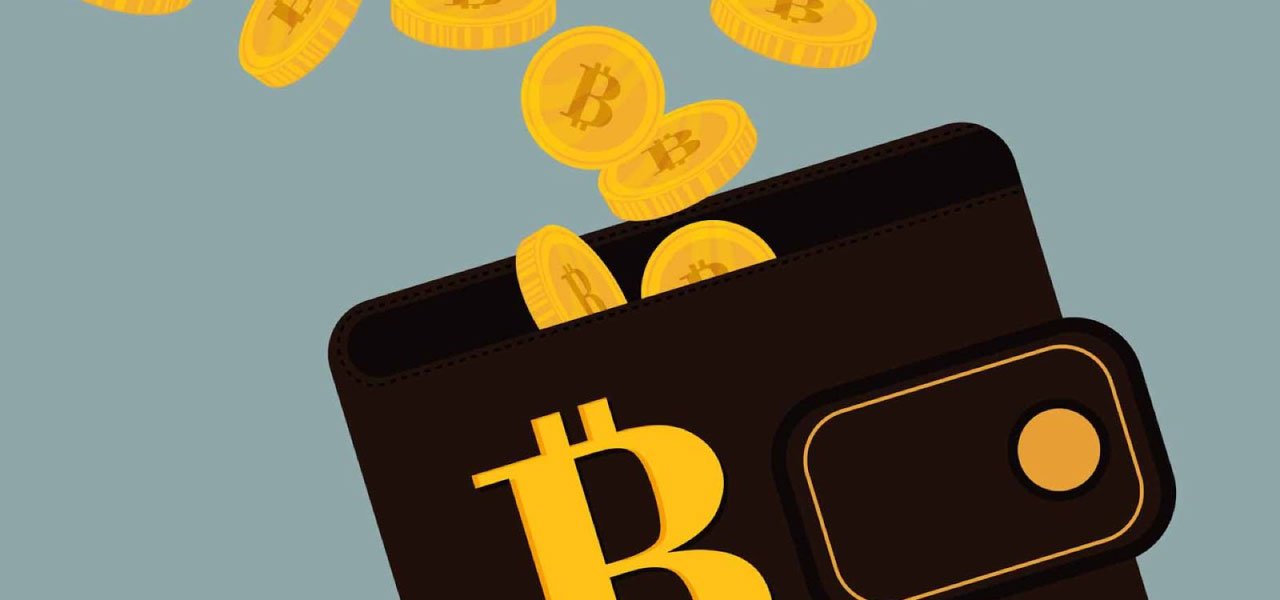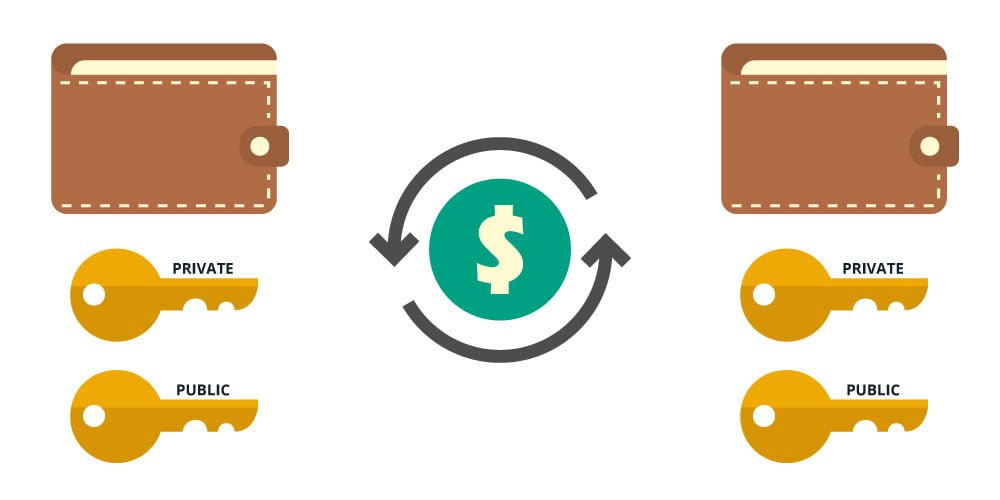Crypto wallet: What is a cryptocurrency wallet?

I’m sure you have a little idea about wallets. Indeed, there must be one in your left (or right) pocket right now. A small, flat case in which you carry such personal items as cash, credit cards, IDs etc. But what about a crypto wallet? Because I’m pretty sure you can’t put altcoins in your leather wallet…
Table of Contents
What is a crypto wallet?
An altcoin wallet is the first stop of your cryptocurrency adventure. Indeed, without a wallet, you can’t even buy altcoins. So you definitely need one.
A cryptocurrency wallet is a software that stores your private and public keys. And it interacts with blockchain to enable you to send and receive digital currencies and monitor your balance.
So a multi-coin wallet is your personal interface to the altcoin network. Pretty similar to how your online bank account is the interface to your regular money.
Digital currencies are different from what you know and use every day. Therefore you must learn the basics and make sure your wallet is secured. Also, you should adopt good practices to protect your money.
How does an altcoin wallet work?
Unlike your bank account, your crypto wallet doesn’t store currency (bitcoins, ethereum, litecoin etc.). Because cryptocurrencies don’t get stored in any single location. Nor do they exist anywhere in any physical form. Instead, your altcoin wallet contains your public and private keys that give you access to the coins that belong to you.

When someone sends you cryptocoins, they actually transfer ownership of the coins to your wallet’s address. To complete the transaction, the private key stored in your wallet must match the public address the currency is assigned to. And if public and private keys match, your balance will increase, while the sender’s will decrease accordingly.
There is no actual exchange of real coins. The only things that exist are the records of transactions stored on the blockchain.
What are the types of cryptocurrency wallet?
Three types of wallets exist. And they all offer their own advantages and drawbacks. In this paragraph, I’ll not tell you how to choose the best wallet. But I’ll introduce a different kind of wallets.
Software wallet
As its name indicates, a software wallet is a software (or an app) that allow you to store and access your digital currency.
Desktop wallet
This wallet is a software that you install directly on your PC. As a result, it’s only accessible on one device: your PC. While it offers a high level of security, remember that no PC is foolproof. And in case of hard drive failure, virus or cyber attack you may lose all your funds.
Examples of desktop wallets:
- Electrum
- Exodus
- Bitcoin Core
- Copay
Mobile wallet
Basically the same thing as a software wallet. But on your smartphone. The main advantage is that you can carry it around with you at all times. However, an app is smaller and simpler than a software. And it may reduce the level of security.
Examples of mobile wallets:
- MyCelium
- BreadWallet
- Copay
- Jaxx
Online wallet
Finally, the last kind of crypto wallet: the wallet in the cloud. Obviously the most convenient. Because it’s accessible from any device connected to the internet. But in this case, you have to trust a third party (which could be the target of hackers) to handle your cryptocoins.
Examples of online wallets:
- GreenAddress
- Blockchain.info
- BTC.com
- BitGo
Hardware wallet
For those of you who want to have something physical! Indeed, in this case, you’ll store your private keys on a hardware device. It can take the shape a USD drive or a dongle, sometimes with a screen. And to make a transition, you just have to plug it to your PC and enter your pin. Just make sure you don’t lose it!
Examples of hardware wallets:
- Ledger
- Trezor wallet
- Digital Bitbox
- KeepKey
Paper wallet
Last but not least, the paper wallet. To keep it simple, it’s an offline method of storing digital coins. And it could be just a piece of paper printed with your public and private keys. Also, you could put it in a safe!
But nowadays, you can print your keys in the form of QR codes. And you just have to scan the code to do a transaction.
While you have complete control of your funds, its not without risks. Indeed, at the end of the day, it’s just a piece of paper… Remember how many times you forgot/lost the groceries list?